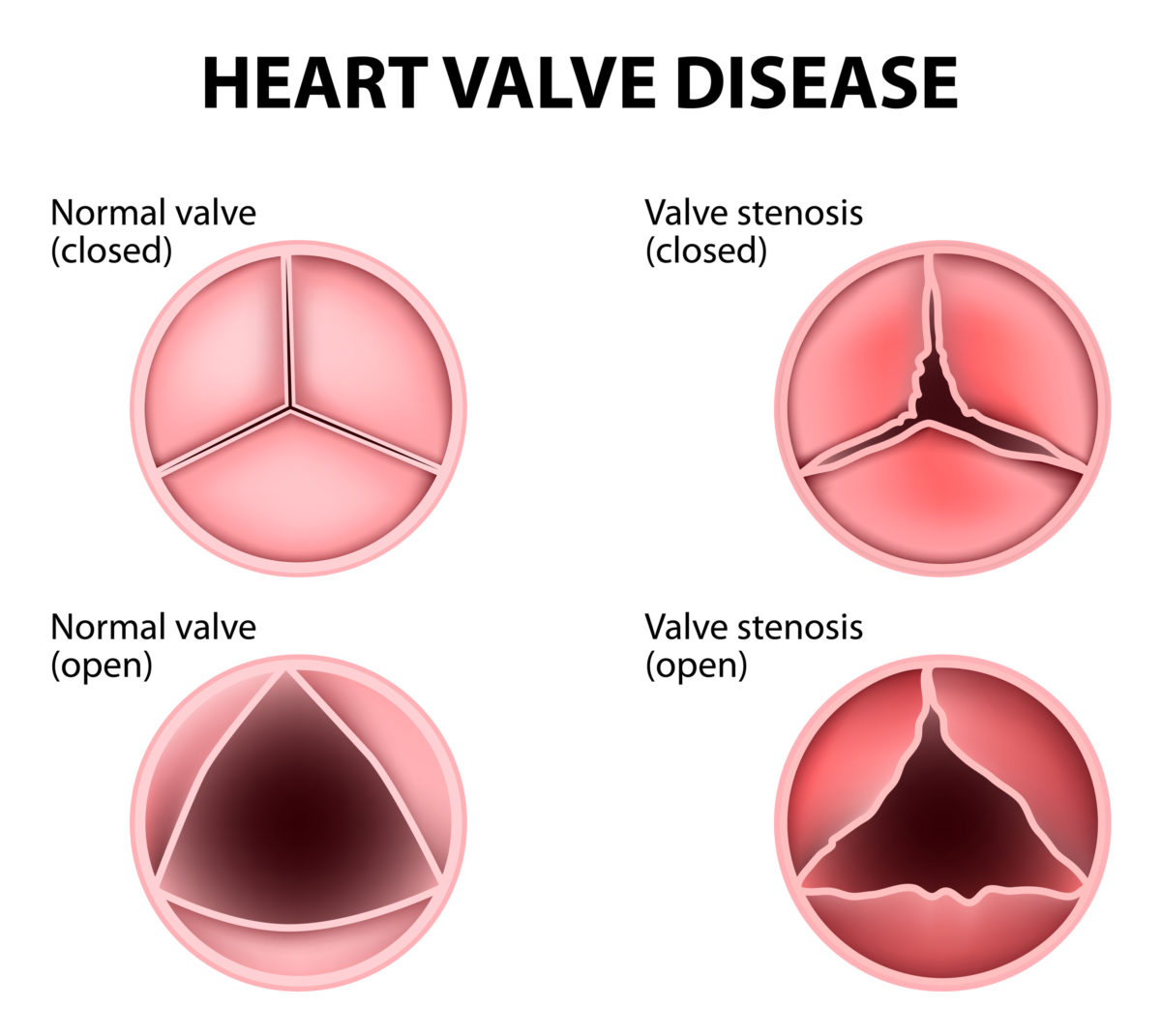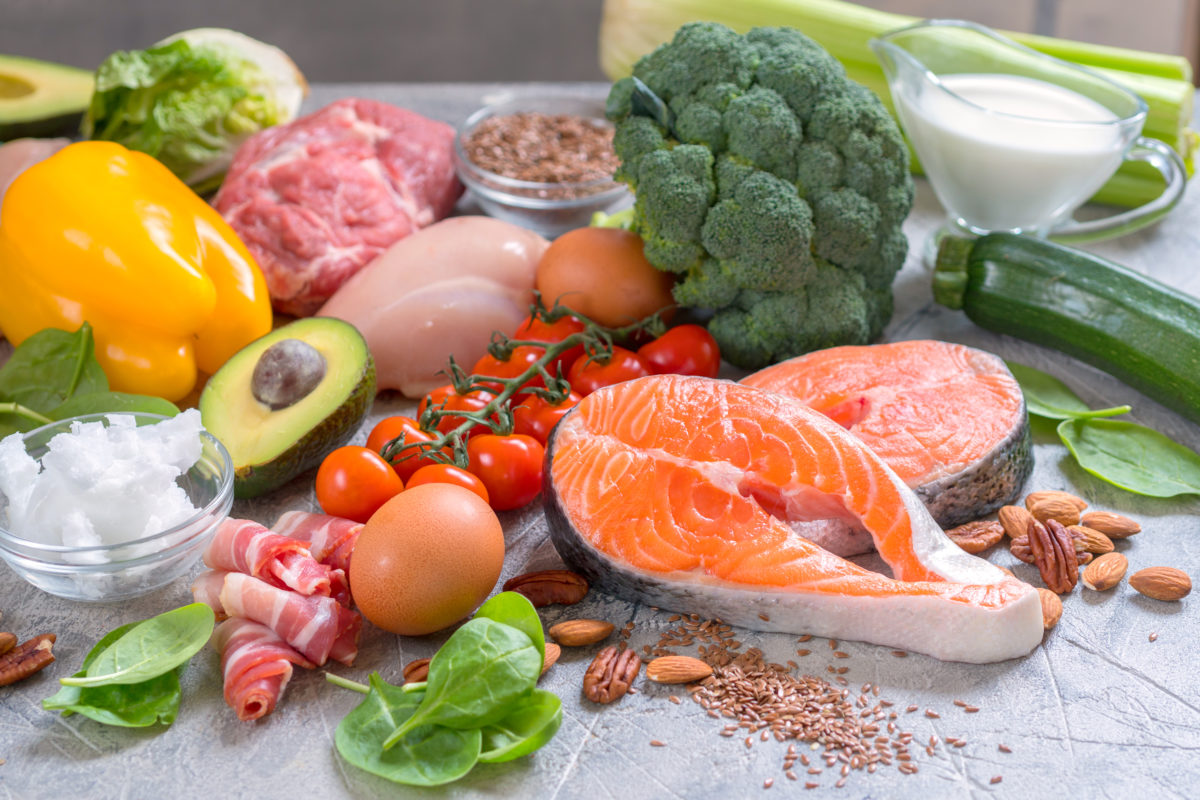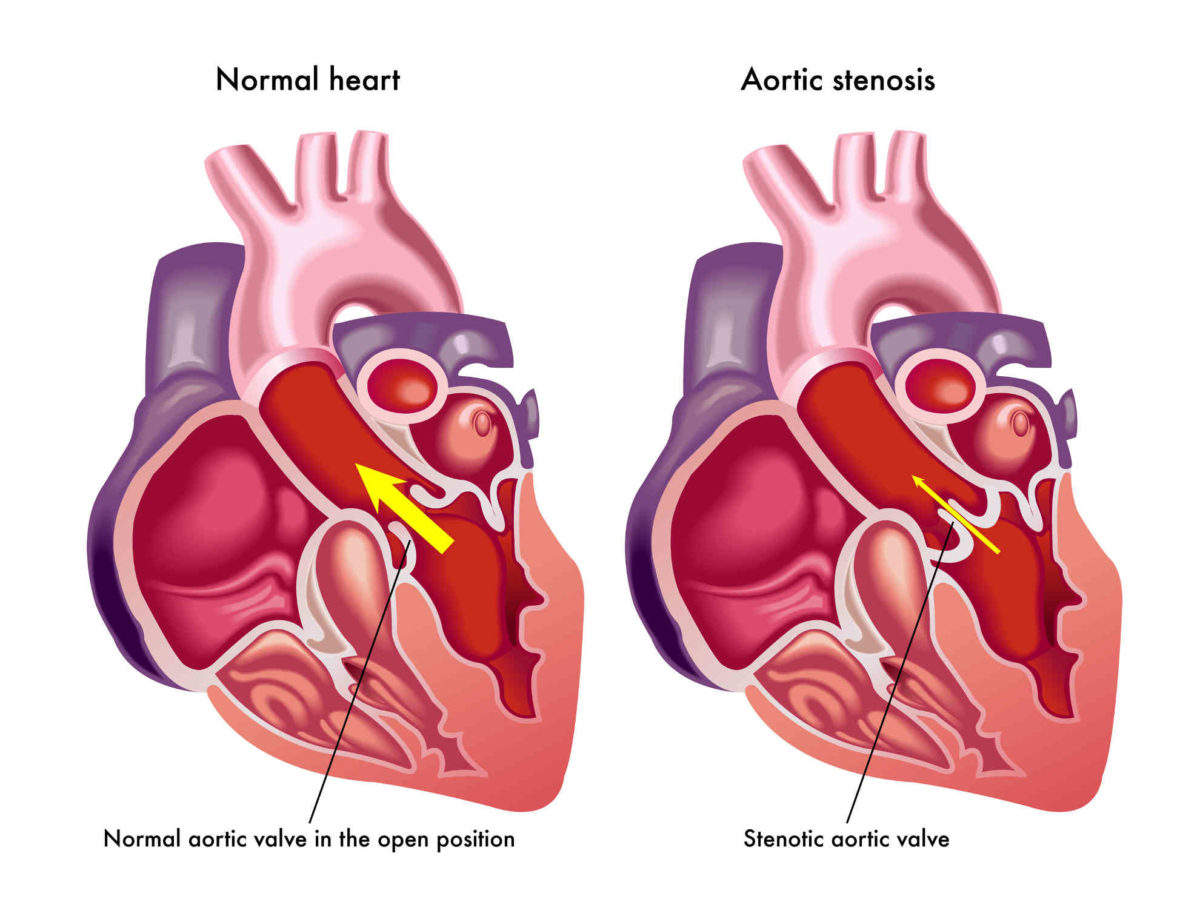Mobile apps are the “thing” right now, even in the medical industry. You’ve probably heard of food log apps and step tracking apps, but there happens to be many heart-healthy mobile apps out there that heart disease patients can use. Below, we wanted to share some good mobile apps that can help you on your journey of taking control of your health.
Cardiio – This app can monitor your heart rate, as well as determine your level of cardiovascular health and fitness. Your phone’s camera measures your heartbeat. The app looks at the light reflected off your face to get its reading. This was developed by people at Harvard University and MIT.
Azumio – Azumio is like Cardiio and it can check your pulse. With this app, you place your pointer finger on the camera and your pulse reading will appear on the screen.
Blood Pressure Companion – This app records heart rate and blood pressure. You can take notes in this app and set reminders for you to take your readings. In this app, you’ll be able to track all your readings for yourself and a doctor.
Digifit iCardio – In this app, you can track your exercise and progress. You can integrate different music apps and social media sites to go along with your workout. You can track your weight, blood pressure, and sleep. You can also connect this with your Fitbit or other heart rate monitor.
Heart Healthy Meal Planner – The Heart Foundation created this app for people to create heart-healthy meal plans. Within the app, you have access to advice on foods to eat, meal ideas, and recipes. There is a heart symbol shown next to choices that are heart healthy.
Do you currently suffer from heart valve disease? If you’re a candidate for surgery, Dr. Peter Mikhail is a cardiac surgeon who specializes in minimally invasive mitral valve surgery, as well as mini-AVR. These procedures require less recovery time than traditional open heart surgery. Dr. Mikhail is based in New Port Richey, Florida. To learn more or to book a consult with the doctor, visit the Mitral Valve Surgery page or call (727) 312-4844.






